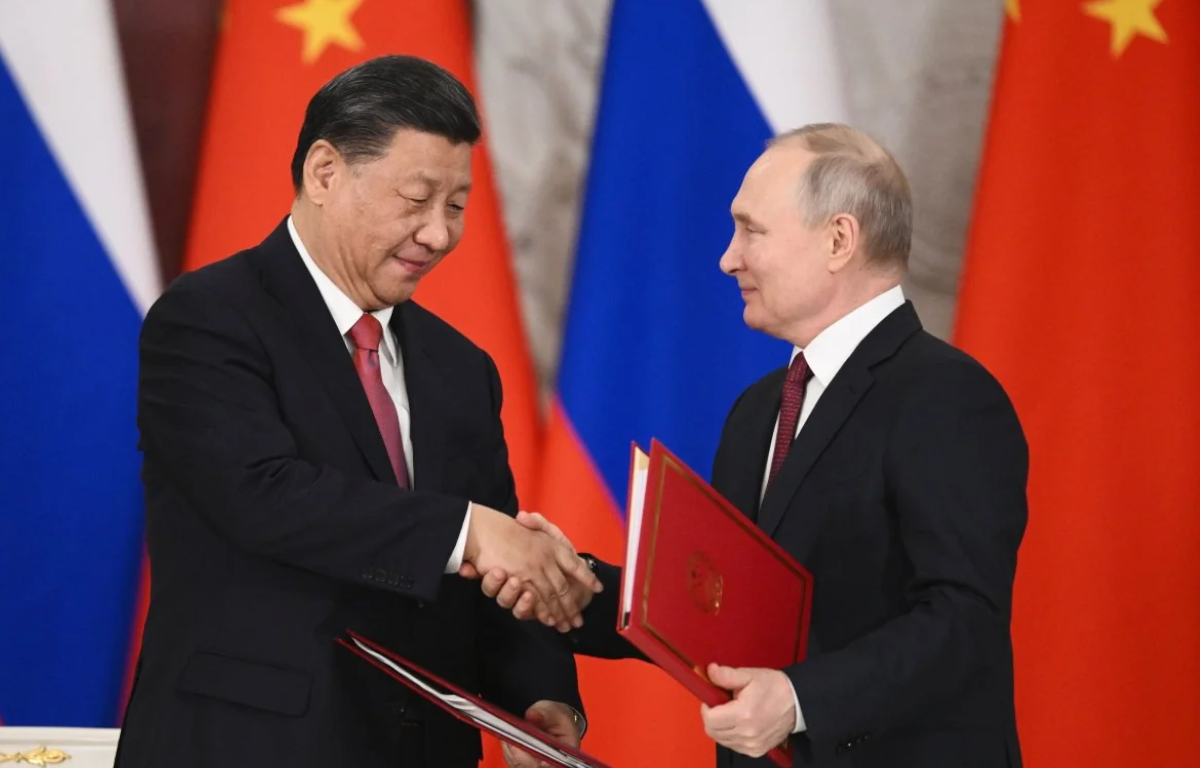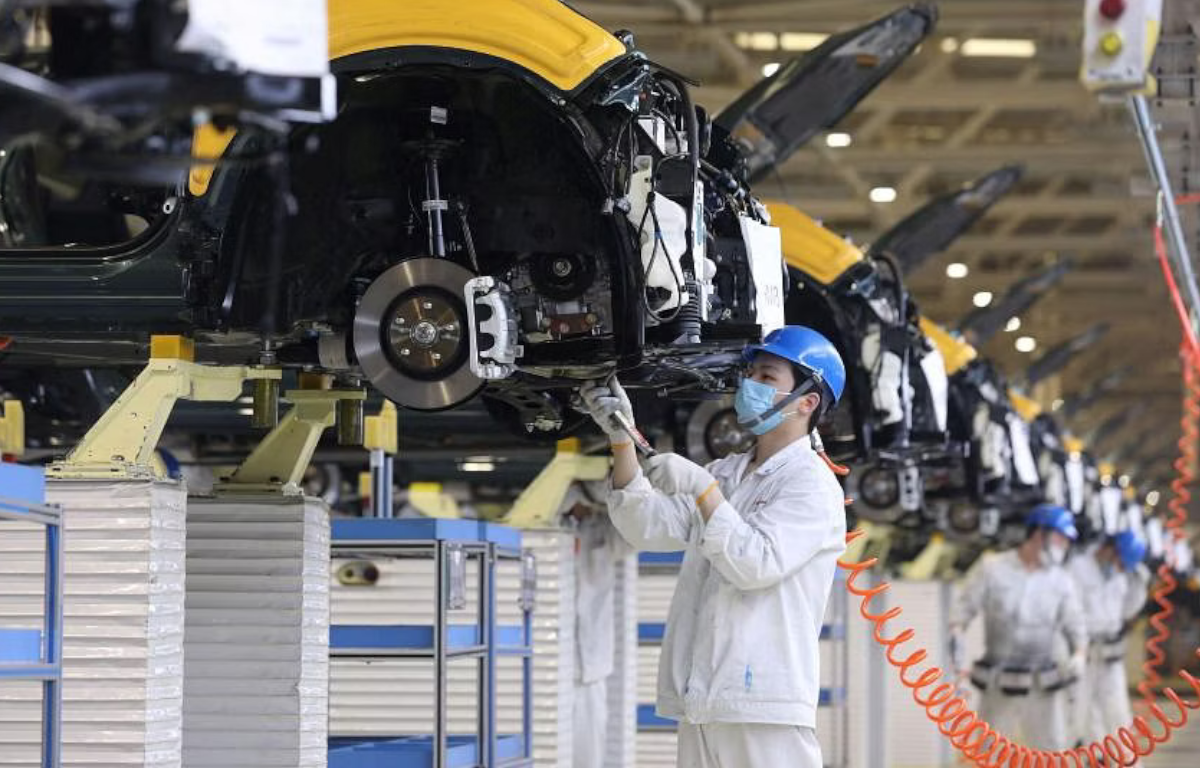
China’s vast size and regional diversity result in disparities in healthcare access between urban and rural areas. While major cities boast modern medical facilities, rural regions often lack adequate healthcare infrastructure, leading to imbalanced health outcomes. To improve accessibility and equity, the government is investing in rural healthcare by building new medical facilities, attracting medical professionals to underprivileged areas, and providing financial incentives to doctors practicing in remote regions. Additionally, initiatives to increase health insurance coverage and control medical expenses aim to reduce the financial burden on patients.
China’s demographic shift towards an aging population presents new healthcare challenges, with an increased prevalence of chronic diseases and the need for geriatric care. To address these issues, China is investing in geriatric care services and specialized care for the elderly. Preventive measures are being promoted to encourage healthier lifestyles, while long-term care facilities and community-based support systems are developed to accommodate the needs of the aging population.
Recognizing the potential of technology in healthcare, China has embraced digital innovations to improve medical services. Telemedicine, in particular, has gained popularity as a means of providing medical consultations and services remotely, especially in underserved areas. To support telemedicine’s growth, the government is investing in infrastructure and regulations to ensure quality and safety. Additionally, China is fostering an environment conducive to the development of artificial intelligence, big data analytics, and precision medicine to enhance diagnosis accuracy and treatment effectiveness.
The COVID-19 pandemic highlighted the importance of a robust pharmaceutical and vaccine industry. In response, China is investing heavily in research and development to enhance its drug production and vaccine manufacturing capabilities. Homegrown pharmaceutical companies are striving to improve drug innovation, ensuring accessibility and affordability of essential medicines. By building partnerships with international health organizations, Chinese vaccine manufacturers aim to improve global health security and access to vaccines worldwide.
China’s healthcare system has made significant progress, but challenges persist. The government’s proactive approach, coupled with investments in healthcare infrastructure, technology, and pharmaceutical development, demonstrates its commitment to finding a cure for the ailing health system. As China continues to evolve its healthcare system, collaboration between the government, healthcare professionals, and other stakeholders will be essential in achieving a healthier future for all citizens, regardless of their geographic location or socioeconomic status.










Share this: